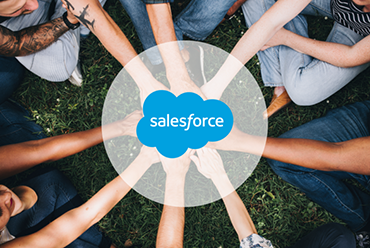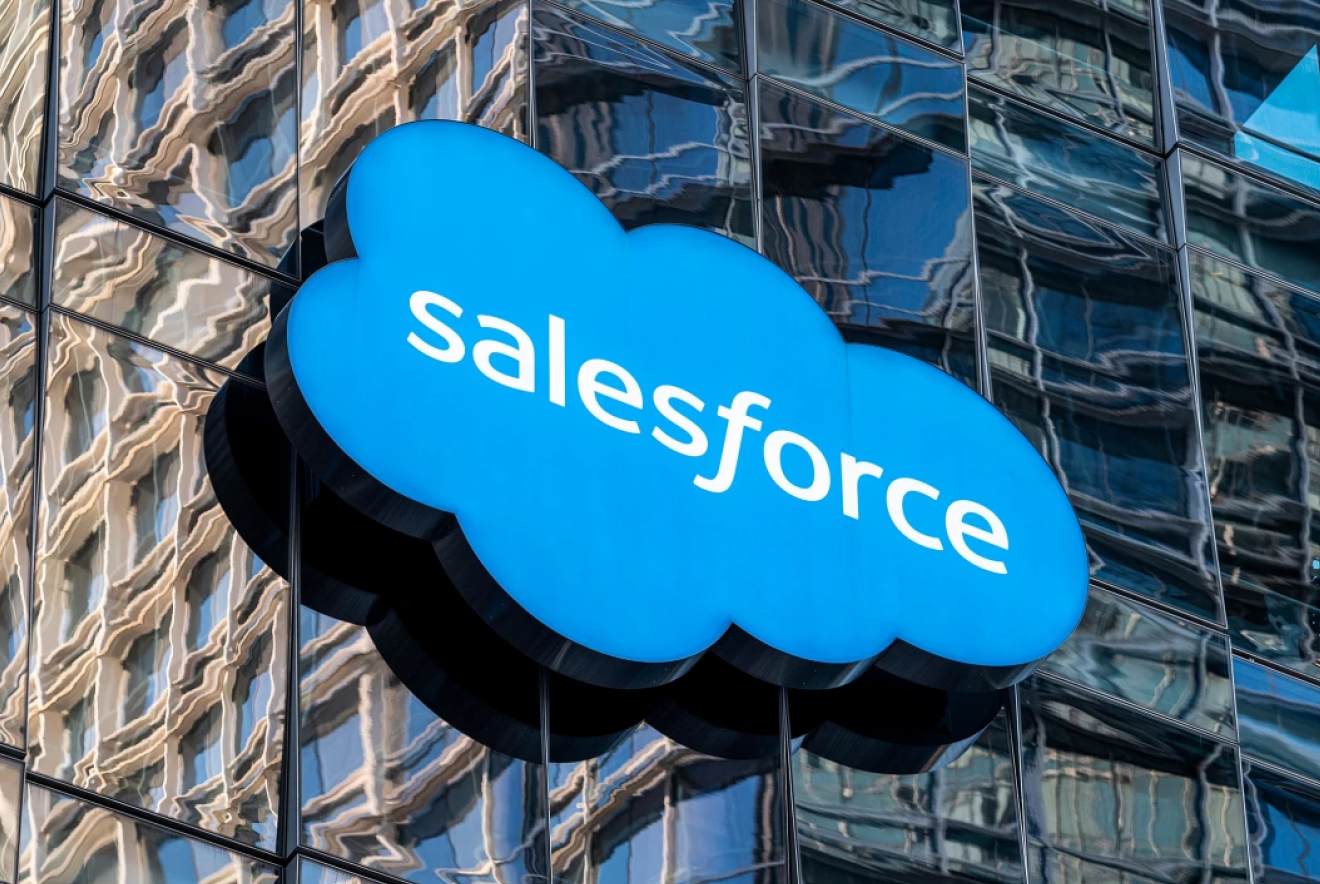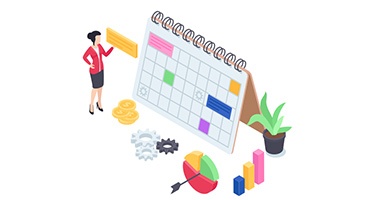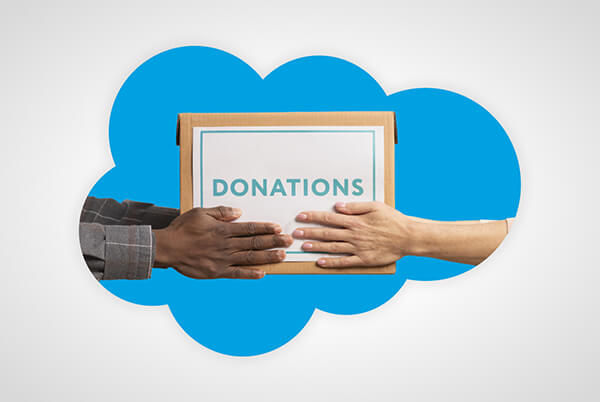No one will tell you that moving from your current CRM platform to Salesforce is easy, but we can tell you there is an easier way to do it. When nonprofits are ready to make the shift to Salesforce, having the right team in place and the right mindset for the launch makes all the difference.
Before you start trying to implement Salesforce on your own, browse some of our commonly answered questions when it comes to launching Salesforce. As experts in bridging gaps and supporting missions, we’re a Salesforce Trusted Partner with strategy, implementation, and support experience.


 Salesforce is a cloud-based customer relationship management (CRM) platform that helps for-profits and nonprofits to manage their customer experience.
Salesforce is a cloud-based customer relationship management (CRM) platform that helps for-profits and nonprofits to manage their customer experience. Salesforce’s broad capabilities and features make it the best CRM platform for nonprofit organizations.
Salesforce’s broad capabilities and features make it the best CRM platform for nonprofit organizations. Given its wide range of capabilities, any nonprofit team can benefit from using Salesforce for automations and data management.
Given its wide range of capabilities, any nonprofit team can benefit from using Salesforce for automations and data management. Normally it takes four to nine months for a consultant to set up Salesforce on behalf of a nonprofit. However, this isn’t a hard and fast rule and a true estimate depends on your needs.
Normally it takes four to nine months for a consultant to set up Salesforce on behalf of a nonprofit. However, this isn’t a hard and fast rule and a true estimate depends on your needs. A Salesforce consultant can help with buy-in, adoption, support, and long-term management of your CRM platform.
A Salesforce consultant can help with buy-in, adoption, support, and long-term management of your CRM platform. 1. Better understand and improve your engagement.
1. Better understand and improve your engagement.





